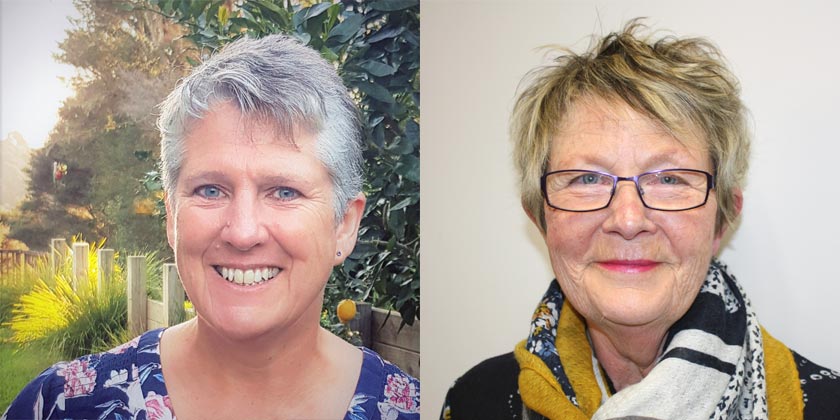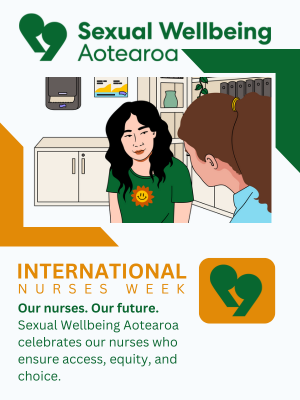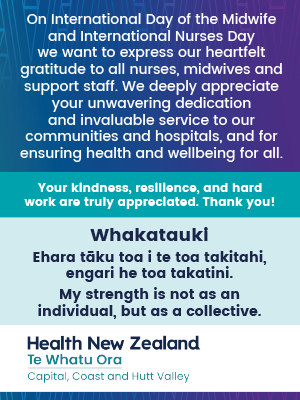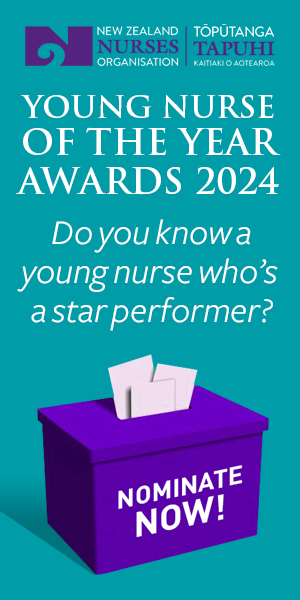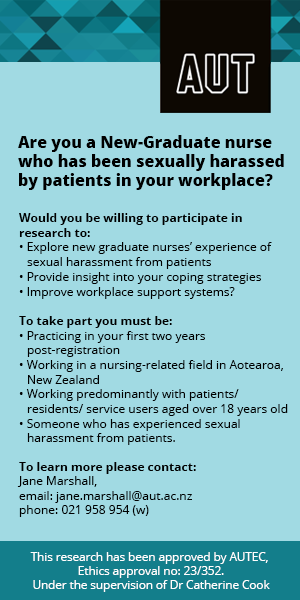In July, the university was awarded a $9.2 million four-year contract by the Ministry of Health (MoH) to improve access to mental health and addiction support nationally, particularly for Māori, Pacific and rural populations.
UoA senior nursing lecturer Sue Adams said the funding would support up to 40 ENs and 18 NPs to work in primary mental health and addiction (MHA) services around the country. “We know that 20 to 30 per cent of any GP waiting room has people with MHA issues, and rarely do we adequately assess them and offer support.”
Few ENs worked in primary health care, where better access was needed to mental health support, yet they could help patients in many ways, Adams said.
“The expectation is that ENs would contribute to the assessment of MHA issues, referring to another practitioner as required, provide brief interventions for mild to moderate issues, and act as a navigator to connect and support people utilising community resources.”
ENs would be expected to take the Te Ao Māramatanga New Zealand College of Mental Health Nurses 45-hour mental health credentialing programme designed for primary health care, Adams said.
NZNO’s enrolled nurse section (ENS) chair Robyn Hewlett the committee was “really excited” and keen to support the initiative. More ENs were working in MHA services at district health boards and could play a useful role in primary mental health care also.
The EN-NP initiative falls within an $18.6 million MoH contract with the university to lead an expanded NP training and placement programme for 50 trainees annually, with a focus on Māori and Pacific, from 2021. This was an increase to the pilot which offered 20 trainee places.
UoA is partnering with University of Otago, Victoria University of Wellington, Northland’s Mahitahi Hauora primary health entity, Auckland’s Fono Pacific service, Te Ao Māramatanga, Te Rau Ora Māori wellbeing organisation and Nurse Practitioners New Zealand on the NP work. The university was also in talks with EN diploma providers, Adams said.She hoped to see nurses in primary mental health roles from early next year.
EN vaccinators
ENs working towards becoming authorised vaccinators were meeting resistance in some workplaces, Hewlett said.
Since COVID-19, the MoH has expanded access to vaccinator training to allow faster immunisation, particularly for influenza.
A free influenza, MMR (measles-mumps-rubella) and pandemic vaccinator course is now available to any health-care professional with an annual practising certificate.
The Immunisation Advisory Centre would contact ENs awaiting peer assessment to support them, Hewlett said.
It was hoped ENs would be part of the COVID-19 vaccination teams, when a vaccine became available.
Changes to EN scope?
A meeting with the Nursing Council to make the EN scope of practice more collaborative was hoped for early next year, Hewlett said.
The need to practice under direction and delegation of colleagues was considered the most restrictive aspect of ENs’ scope, according to nearly 68 per cent of ENs surveyed by NZNO last year.
The ENS hoped to meet the Nursing Council about reviewing the scope early next year.
The ENS planned to hold its 2021 conference in Dunedin on May 18-20, after its 2020 conference was cancelled.


